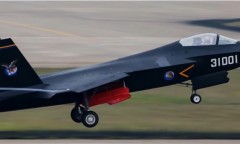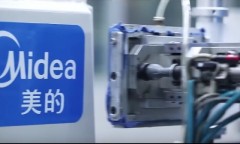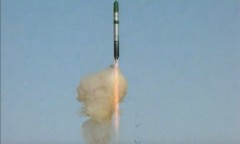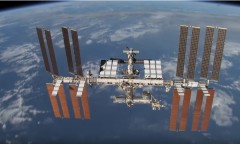By Prei Dy, | February 20, 2017
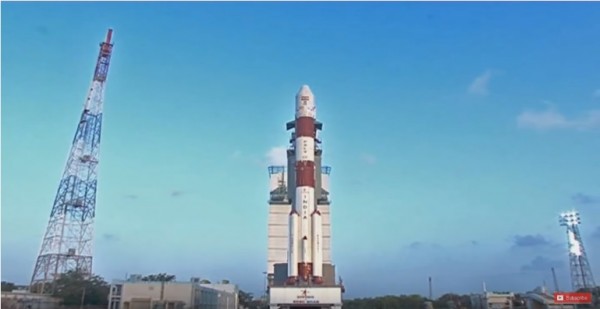
India successfully injected 104 satellites into orbit last Wednesday. (YouTube)
India has intensified the space race after emerging as a key player in the satellite launch technology, which could push China to hasten the commercialization of its rocket launches, Chinese officials said on Monday.
"The launch indicated that India can send commercial satellites into space at lower costs, giving the country's competitiveness in the global race for the burgeoning commercial space business," Zhang Yonghe, director of the new technology department of the Shanghai Engineering Center for Microsatellites, said. He acknowledged that India did a better job than China in promoting its launch services internationally.
Like Us on Facebook
India made history after placing 104 satellites into orbit from a single rocket on Wednesday, a success Chinese state-run media Global Times described as New Delhi's "latest triumph for its space programme." ISRO's Polar Satellite Launch Vehicle PSLV-C37 successfully injected India's weather observation Cartosat-2 series satellite and 103 other nanosatellites from Israel, Kazhakstan, Switzerland, and the US into orbit.
What is most notable is the fact that India's landmark mission costs far less than its Russian, European, and American equivalents. For comparison, the Indian Space Research Organization (ISRO)'s Mars mission only costs $73 million, more than nine times lower than NASA's Maven Mars launch at $671 million.
While the recent "India's triumph" made Indians proud, The Daily, part of the Communist Party of China publications, noted that the impact of the achievement is "limited," saying "with respect to the research and development of both military and commercial rocket launch services, India lags behind China, the US, and Russia."
Xue Lijun, Shenzhen Aerospace Dongfanghong Development Ltd.'s general manager assistant, also noted that the Wednesday launch can only be considered a breakthrough in terms of numbers but not in technology.
"Technologically speaking... what [Indian engineers] need to do is to avoid the conflicts among satellites... but is not a tough task," Xue said. "The 104 satellites are mostly in the same orbit, indicating that India still lacks capabilities of sending multiple satellites in various orbits," The Daily reported citing "experts."
Nevertheless, after India's success, China is likely to ramp up its rocket launch commercialization, Chinese state-media reported quoting officials.
Meanwhile, CNN commented to "Forget the US versus Russia. The real space race is taking place in Asia."
-
Use of Coronavirus Pandemic Drones Raises Privacy Concerns: Drones Spread Fear, Local Officials Say

-
Coronavirus Hampers The Delivery Of Lockheed Martin F-35 Stealth Fighters For 2020

-
Instagram Speeds Up Plans to Add Account Memorialization Feature Due to COVID-19 Deaths

-
NASA: Perseverance Plans to Bring 'Mars Rock' to Earth in 2031

-
600 Dead And 3,000 In The Hospital as Iranians Believed Drinking High-Concentrations of Alcohol Can Cure The Coronavirus

-
600 Dead And 3,000 In The Hospital as Iranians Believed Drinking High-Concentrations of Alcohol Can Cure The Coronavirus

-
COVID-19: Doctors, Nurses Use Virtual Reality to Learn New Skills in Treating Coronavirus Patients




